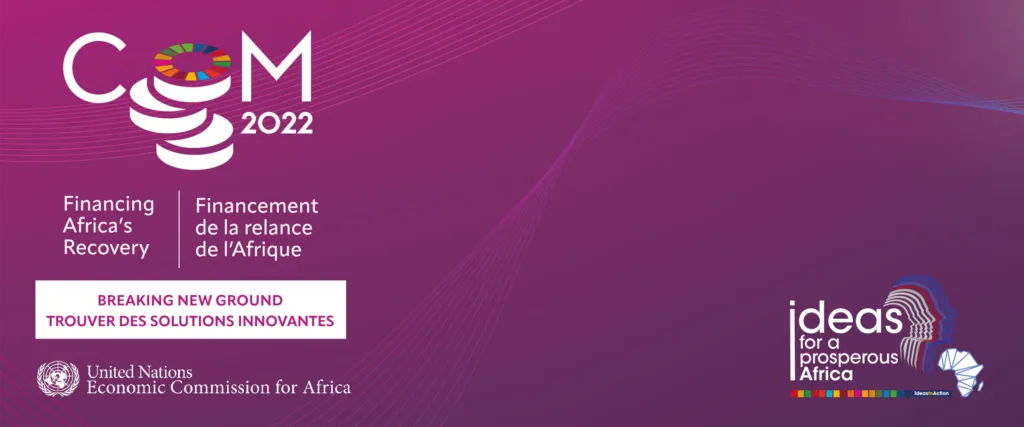There is a huge gap in Africa between the demand for national statistics by development organisations and the supply provided by governments.
National data forms the backbone of all effective development plans, leading to evidence-based decision making and accurate monitoring and evaluating processes.
The African Union’s Agenda 2063 and the United Nations’ Agenda 2030 both put data collection and evaluation at the centre of development plans. Yet African governments have struggled to meaningfully integrate data-backed processes into these plans.
Oliver Chinganya, Director at the African Centre for Statistics, said that in some cases the low levels of data-backed policies are the result of a lack of demand.
An ECA report found that “some African countries are stuck in a vicious cycle of low interest in and demand for quality statistics for evidence-based decision-making.
“This may result in weak statistical institutions that have poor governance structures; inadequate staffing levels, infrastructure and tools; low human capacity of both data producers and users; and a lack of coordination and collaboration mechanisms within data systems.”
Taking action
The Covid-19 pandemic exposed the lack of data in Africa as policymakers and health officials were struggling to record accurate numbers of cases and deaths.
In October 2020, the Statistical Commission for Africa approved the creation of an African group on the transformation and modernization of official statistics, composed of 10 national statistical offices.
The group asked the ECA to oversee the project to strategically guide and coordinate work on the modernization and transformation of statistical systems in Africa.
The creation of an African group on the transformation and modernisation of official statistics was endorsed at the 2021 Conference of Ministers of Finance, Planning and Economic Development in Addis Ababa.
The objectives of the group are to develop the frameworks and guidelines to support the upgrading of official statistics in Africa.
The offices will be set up in Cameroon and Equatorial Guinea (Central Africa), Kenya and Rwanda (East Africa), Egypt and Morocco (North Africa), South Africa and Zambia (Southern Africa) and Niger and Nigeria (West Africa).

Want to continue reading? Subscribe today.
You've read all your free articles for this month! Subscribe now to enjoy full access to our content.
Digital Monthly
£8.00 / month
Receive full unlimited access to our articles, opinions, podcasts and more.
Digital Yearly
£70.00 / year
Our best value offer - save £26 and gain access to all of our digital content for an entire year!
 Sign in with Google
Sign in with Google 



